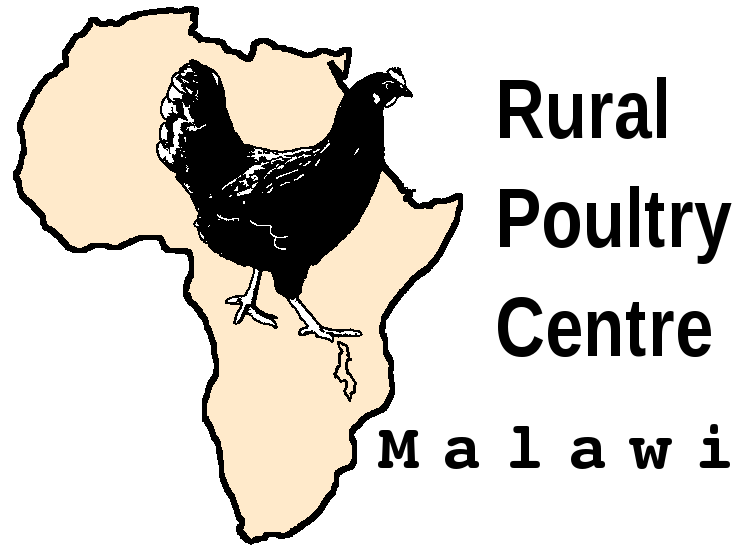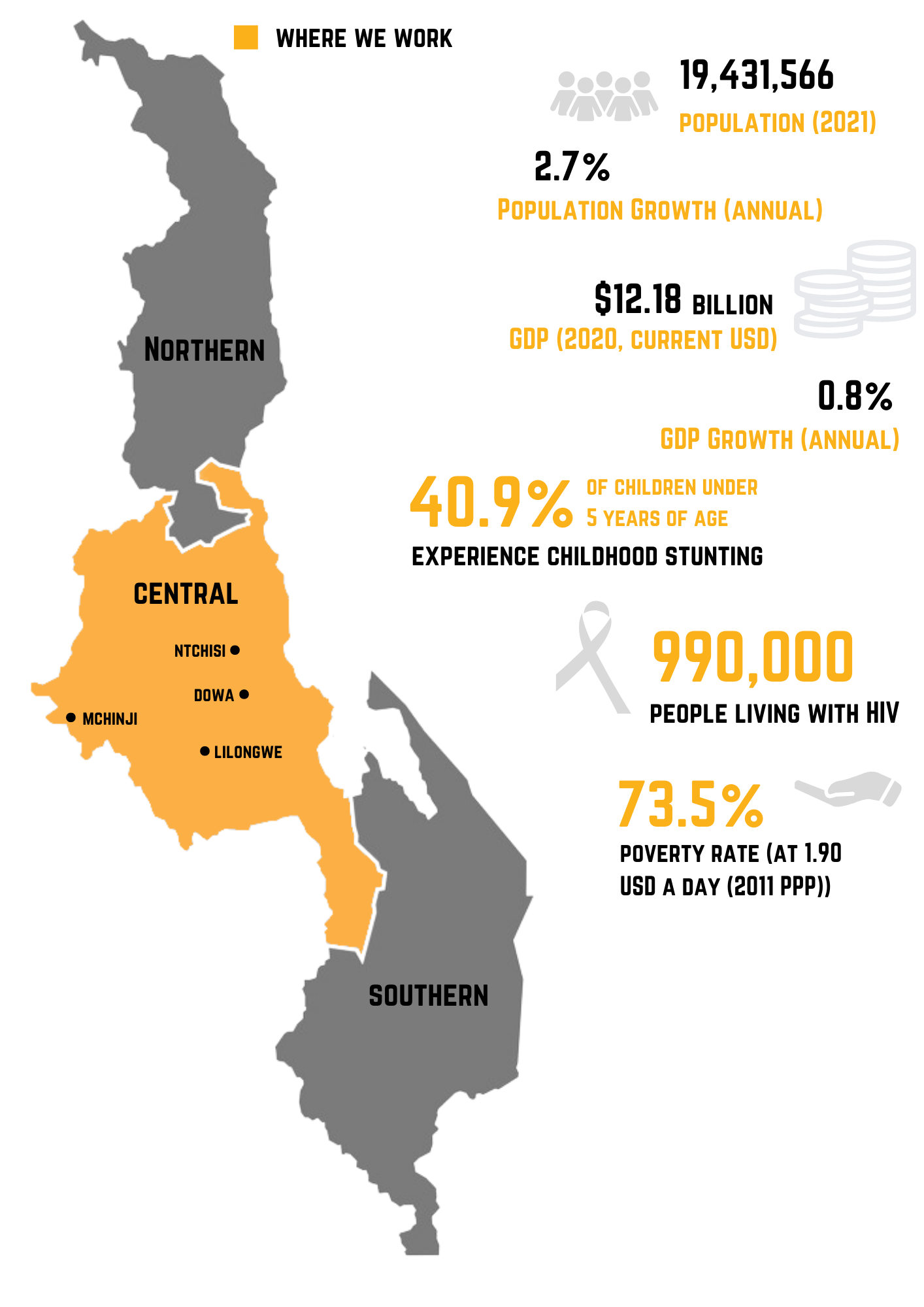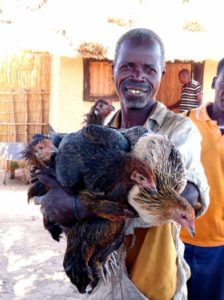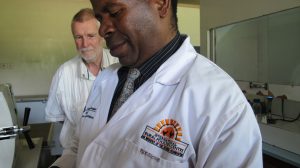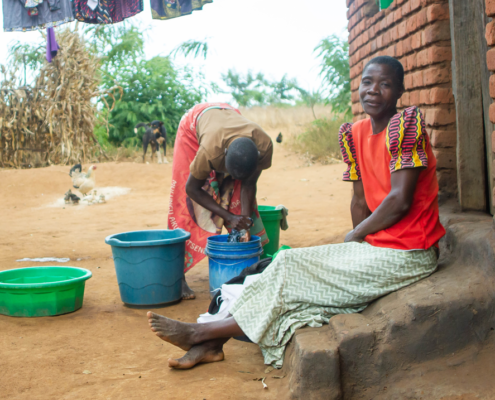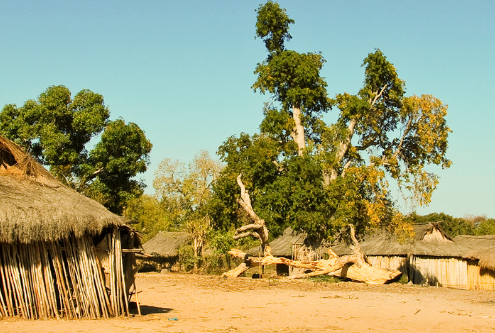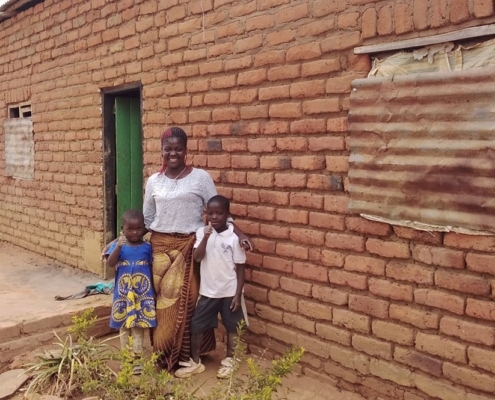Malawi
Malawi is a landlocked, low-income country with a rapidly expanding population, over 80 percent of whom are smallholder farmers. With episodes of drought and severe flooding increasing in frequency and intensity in Malawi, the country is suffering from a food security crisis.
Through our partnership with the Rural Poultry Centre (RPC), a Malawian NGO, Kyeema Foundation has supported work in Malawi since 2013 to deliver Newcastle disease control programs. Since the delivery of these programs, there has been a noticeable increased availability of chicken products, and income from the sale of chickens and eggs which can be spent on more diverse food and other immediate needs for the household.
Current Projects
Establishment of a farmer field school
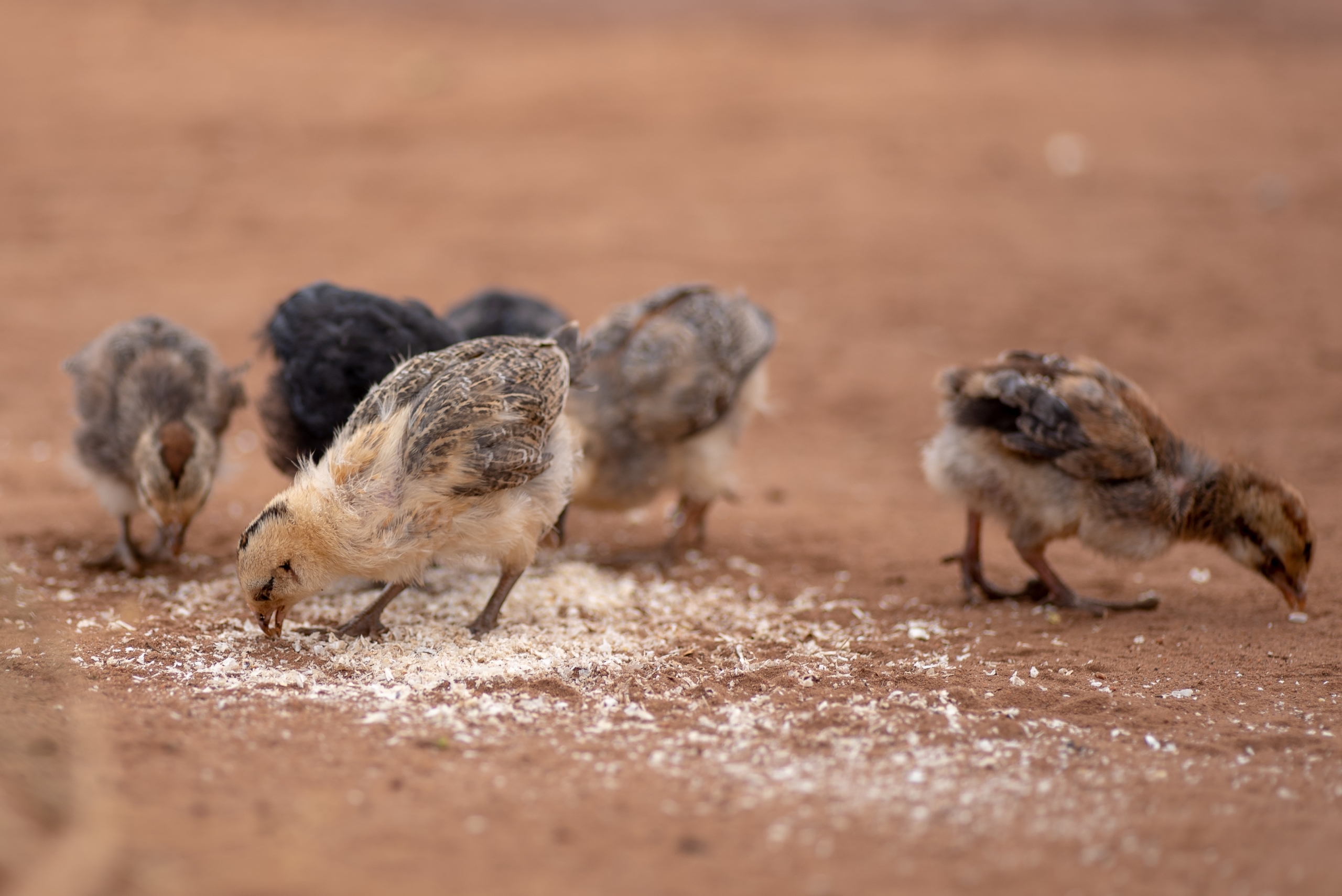 Project focuses on the development of a farmer field school in Chadza, Malawi. The school will provide training and demonstration services for poultry farming in addition to becoming a production unit for day-old-chicks. The farmer field school will play a unique role in the community by giving specialised attention to rural poultry as well as small scale poultry enterprises which are increasingly important as small business enterprises.
Project focuses on the development of a farmer field school in Chadza, Malawi. The school will provide training and demonstration services for poultry farming in addition to becoming a production unit for day-old-chicks. The farmer field school will play a unique role in the community by giving specialised attention to rural poultry as well as small scale poultry enterprises which are increasingly important as small business enterprises.
Location: Chadza
Donor: Palladium Our Communities Fund
Status: Ongoing
Nkhuku za Thanzi - Banja la Thanzi (Healthy Chickens - Healthy Families)
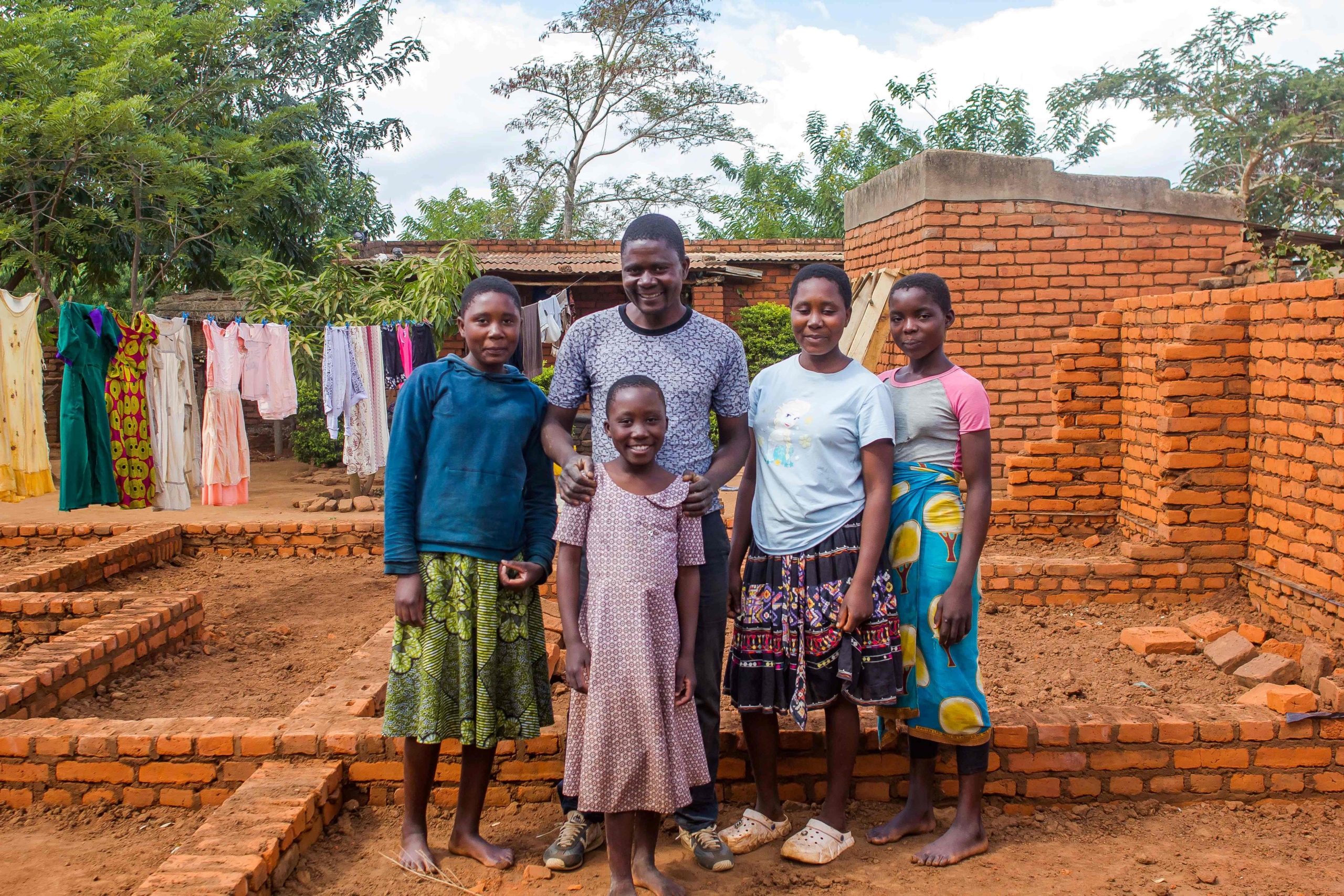 This project will scale up the work of Rural Poultry Centre (RPC) to improve food and nutrition security and overall livelihoods in Malawi through a sustainable community based vaccinator program for improved village poultry health and production in Dowa West District.
This project will scale up the work of Rural Poultry Centre (RPC) to improve food and nutrition security and overall livelihoods in Malawi through a sustainable community based vaccinator program for improved village poultry health and production in Dowa West District.
Location: Mponela, Dowa West District
Donor: Australian Government DFAT ANCP
Status: Ongoing (started July 2024)
Learn more about this project here.
Previous Projects
Improving rural livelihoods in Malawi through village poultry
With support from the Australi an government through the Australian NGO Cooperation Program, this project continues work by Kyeema and Rural Poultry Centre (RPC) to improve village chicken production in villages and districts throughout Malawi. It will see the expansion of this work (from Ntchisi) into the Mchinji, Dowa East and Salima districts and again focus on training community vaccinators to reduce Newcastle disease fatalities in poultry in order to improve the livelihoods of households in this area.
an government through the Australian NGO Cooperation Program, this project continues work by Kyeema and Rural Poultry Centre (RPC) to improve village chicken production in villages and districts throughout Malawi. It will see the expansion of this work (from Ntchisi) into the Mchinji, Dowa East and Salima districts and again focus on training community vaccinators to reduce Newcastle disease fatalities in poultry in order to improve the livelihoods of households in this area.
Read more about the project here.
Location: Mchinji, Dowa East and Salima
Donor: Australian Government DFAT ANCP
Status: Complete.
Improving rural livelihoods in Malawi through village poultry in Ntchisi

This project has established a Newcastle disease vaccination program which has made a huge difference to people’s ability to raise poultry. We have trained and supported over 70 community based vaccinators who now have the wherewithal to vaccinate the village chickens in theirs and neighbouring villages. The benefits of this enterprise are clearly reflected in the eyes of the chicken owners themselves who see the protection offered by the vaccine and come looking for more when they feel their chickens are again at risk. The Newcastle disease vaccination component has reduced loss in vaccinated flocks from 60% to 12%.
Read more about the project here.
Donor: Various public donations
Status: Complete.
RPC Volunteers program
A program for short-term RPC volunteers has enabled valuable collaborative work between the Rural Poultry Centre and the Wildlife Action Group (WAG) in Malawi. RPC has assisted in training farmers and distribution of chickens to communities bordering the Thuma Forest Reserve, home to an impressive variety of wildlife and flora. The idea is to enable those communities to shift their source of livelihoods away from the resources of the forest and towards more sustainable enterprises, including village chickens. Nominate #RPC VP’ and donate directly to this program here.
Production of the I-2 Newcastle disease vaccine
The RPC office at the Central Veterinary Laboratory (CVL) in Lilongwe is hosted by the Malawi government. In return, RPC offers support to staff at the CVL who produce the I-2 ND vaccine. We help to ensure a stable supply of the vaccine through support to the government managed vaccine production unit at CVL. This is the only source of a Newcastle disease vaccine which is effective under village conditions. We have a great relationship with the relevant government agencies and we have often helped in various ways to ensure sustained production and proper quality standards of the vaccine.


